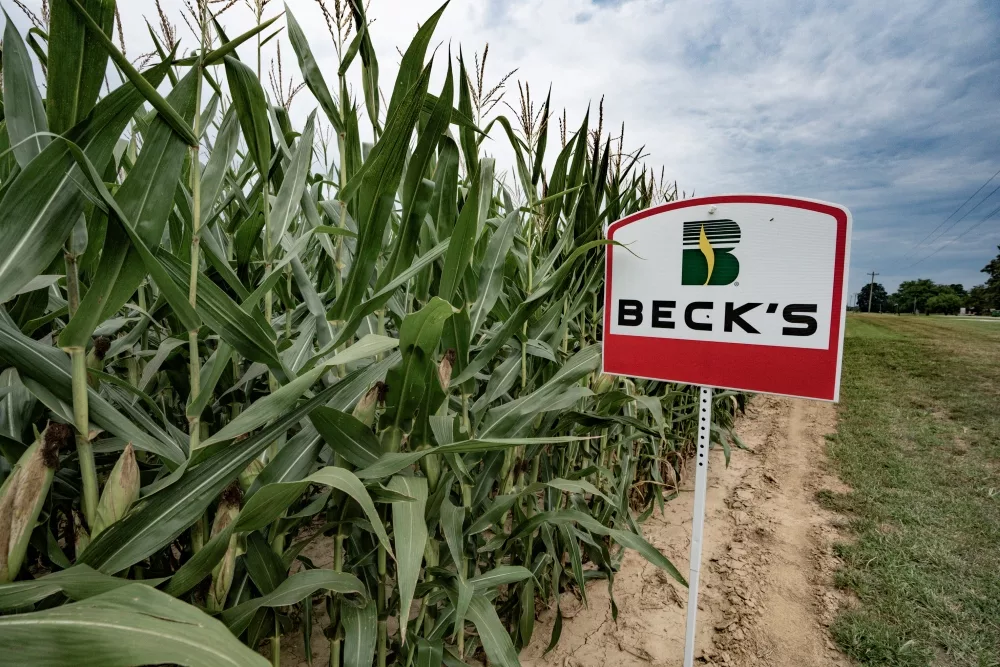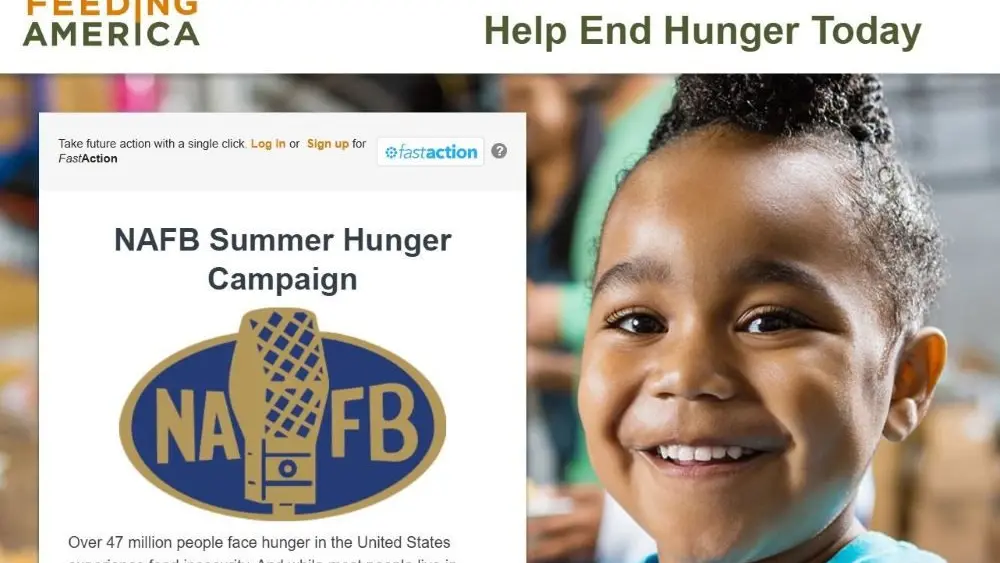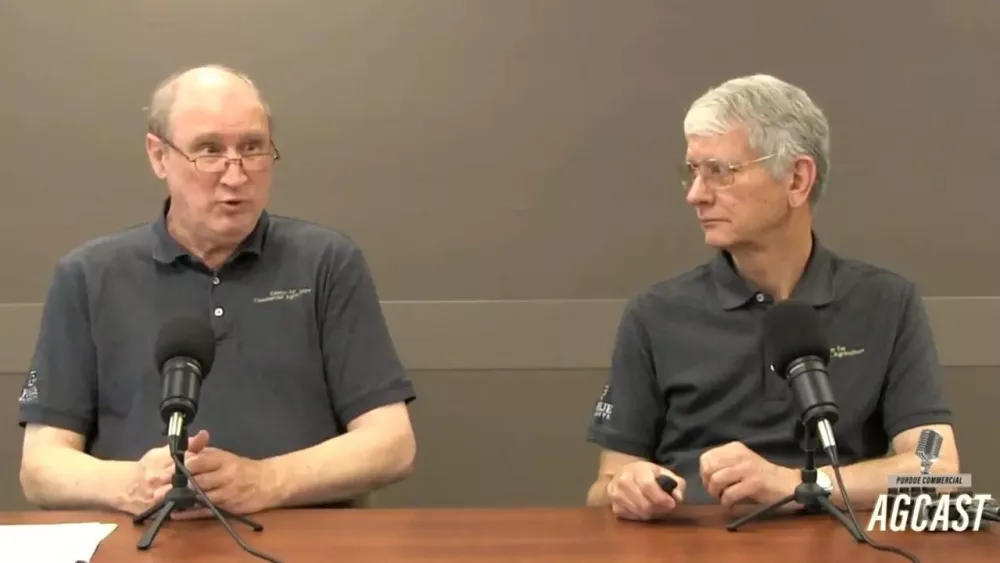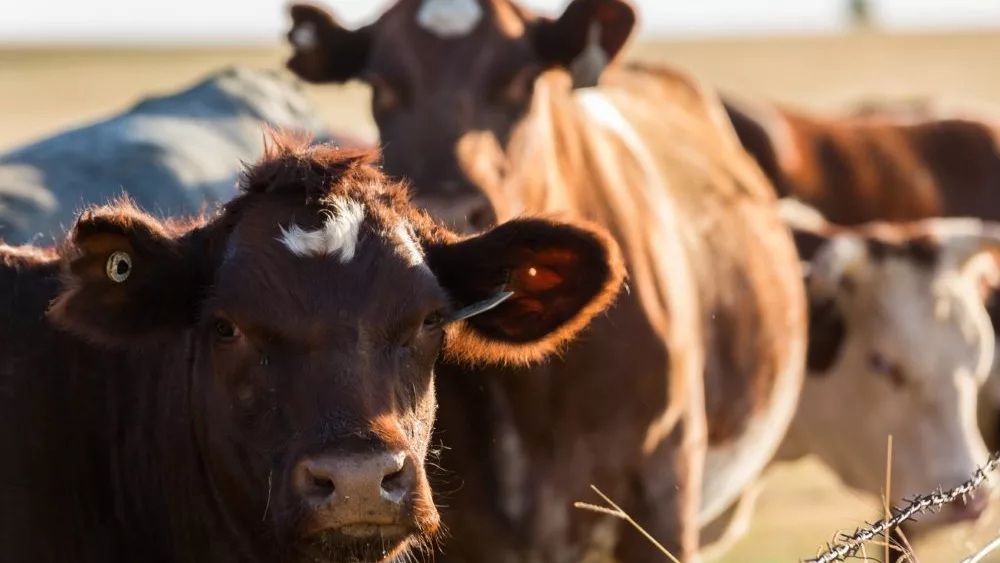It’ll certainly make corn mazes less fun, but research continues on short corn hybrids. Short-stature corn hybrids are commercially available from some suppliers now, but there are still some obstacles to overcome.
“From what I’ve seen in a lot of the stuff that we’ve done, the short corn hybrids just aren’t quite yet there when it comes to yield,” says Aaron Carmer, PFR Location Lead for Beck’s Hybrids at their Atlanta, Indiana headquarters. “But, as with anything, we’ll get a little bit closer as time goes on.”
Carmer discusses the research they’re doing to improve yield and profitability.
“We’re looking at it in different row widths and populations. We’re looking at how much nitrogen do we need on short corn? Do we need more or less than we do on conventional corn? We’re also looking at fungicide applications. That’s a big thing with the short corn. Everybody’s looking at the short corn, because if we can get across it with some of our low clearance sprayers, not everybody’s got a Hagie or a newer John Deere, right? So, these shorter hybrids, we can get across them a lot easier with older sprayers or lower sprayers, and that’s the big thing.”
Carmer believes we’ll start to see more short-stature corn sooner rather than later- certainly within the decade. He does throw out one piece of caution.
“We talk about weather and short corn being really good for some of these windstorms. Just this year, in June, we had some pretty wicked wind come through here and do a little bit of damage to our corn. But also, here in Indiana specifically, and as we move east a little bit, we think about sometimes we deal some of these clay knobs where ear height might already be an issue. So, the current short corn hybrids, our ears are pretty daggone low. So, I’m leery to move some of this stuff as we go east, just when we get onto some of those clay knobs and things like that where we’re dealing with height issues already. Again, I think that’ll come back to some of the advancements where we can maybe get the ear a little bit higher on the plant.”
That’s why he thinks it won’t necessarily be next year or the year after before we see widespread adoption. Learn more about Beck’s and their PFR (Practical Farm Research) at beckshybrids.com.






